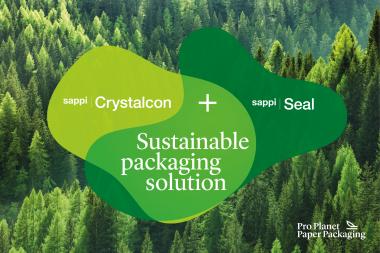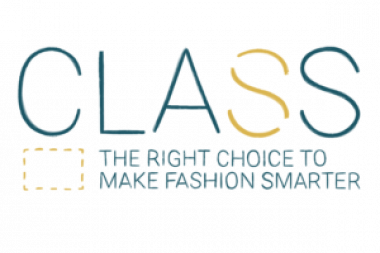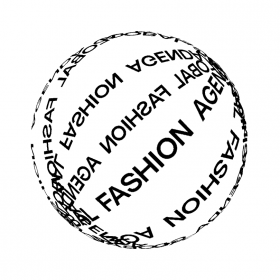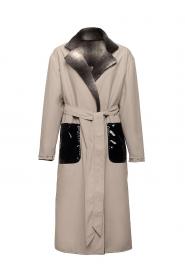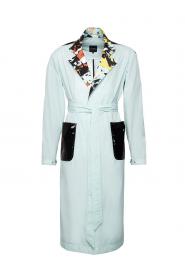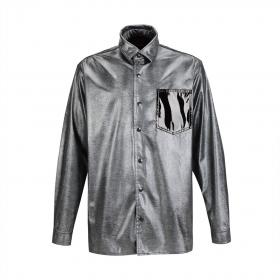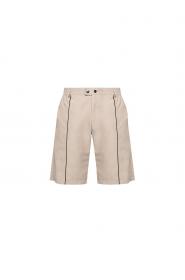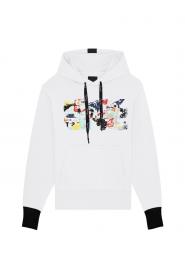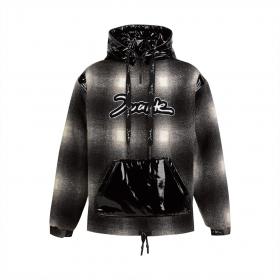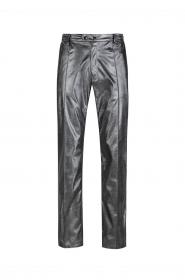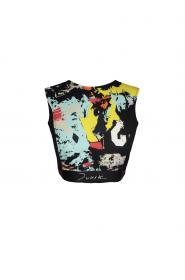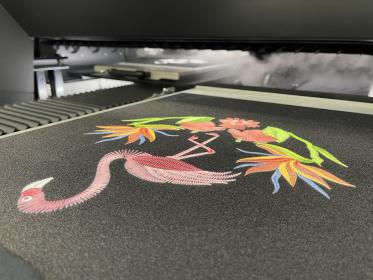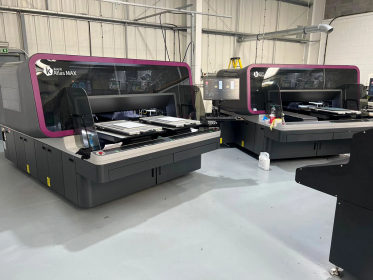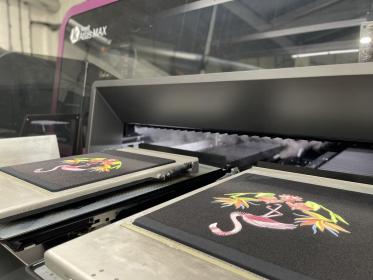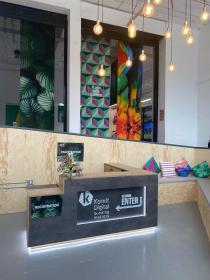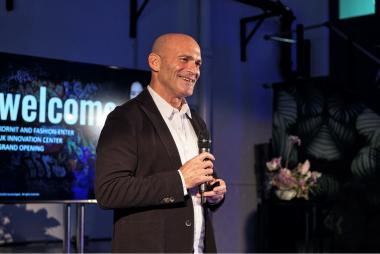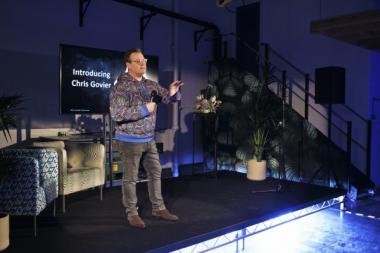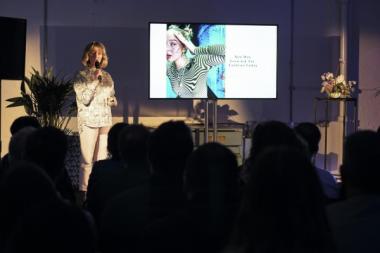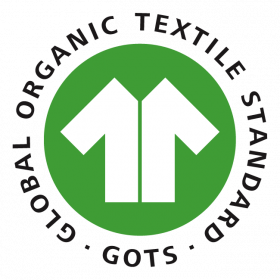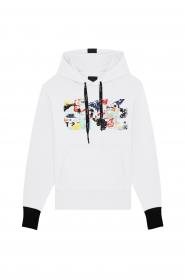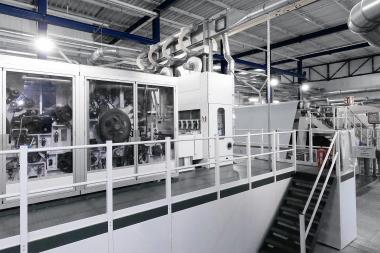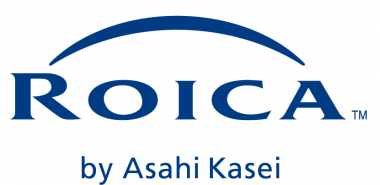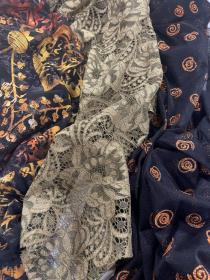C.L.A.S.S. SMART VOICES: A Spotlight On Water Saving Solutions
According to the United Nations Conference of Trade and Development, the fashion and textile industry represents one of the major polluters of water in the world, with an estimated 93 billion cubic metres of water used per year.
On the occasion of Water Day, C.L.A.S.S. CEO and Founder Giusy Bettoni talked to Sensil® BioCare, Kornit, Ecoalf and Unesco on how their strategies and processes can preserve our most precious, yet limited resource.
Key Takeaways from the Speakers:
"The ocean is absolutely crucial for the survival of this planet, since it almost covers 71 percent of its surface. Writer Arthur Clarke once said: how inappropriate is to call this planet earth, when it is clearly planet ocean."
- Francesca Santoro, Programme Specialist at IOC UNESCO Regional Bureau for Science and Culture in Europe
"Sensil® BioCare is our solution to reduce the persistence of textile waste in the ocean. We embedded technology in it so that if any microfiber is released in the washing, they will break down faster than conventional nylon. Based on an external study, we have seen an almost 60 percent microplastic reduction in two years"
- Michelle Lea, Vice President Global Marketing at Nilit
"When it comes to our printing processes, almost no water is in use and the waste is minimal. We have never seen this before in this industry. Based on LCA tests, when compared to screen printing our "Atlas Max" printer saves up to 93 percent of water, while the "Presto" printer saves up to 95 percent of water".
- Michal Arbel, Sustainability Communication Lead at Kornit Digital
"One of the most important projects of the company is Upcycling the Oceans, with the aim of tackling the marine litter in collaboration with the fishing sector. Last year, we collected 300 tons of litter from the seabed, and we promoted circular economy by transforming the waste in products."
- Irene Diez, Director at Ecoalf Foundation
C.L.A.S.S.






